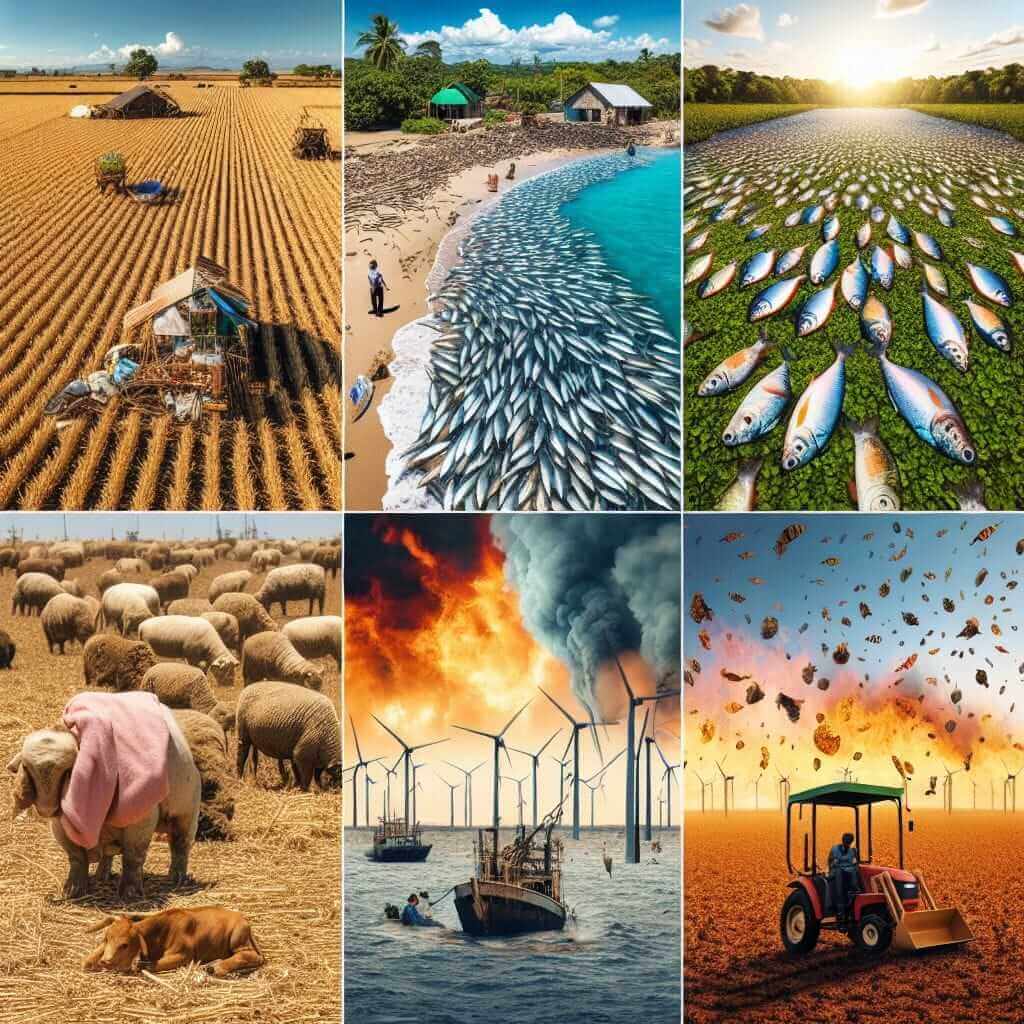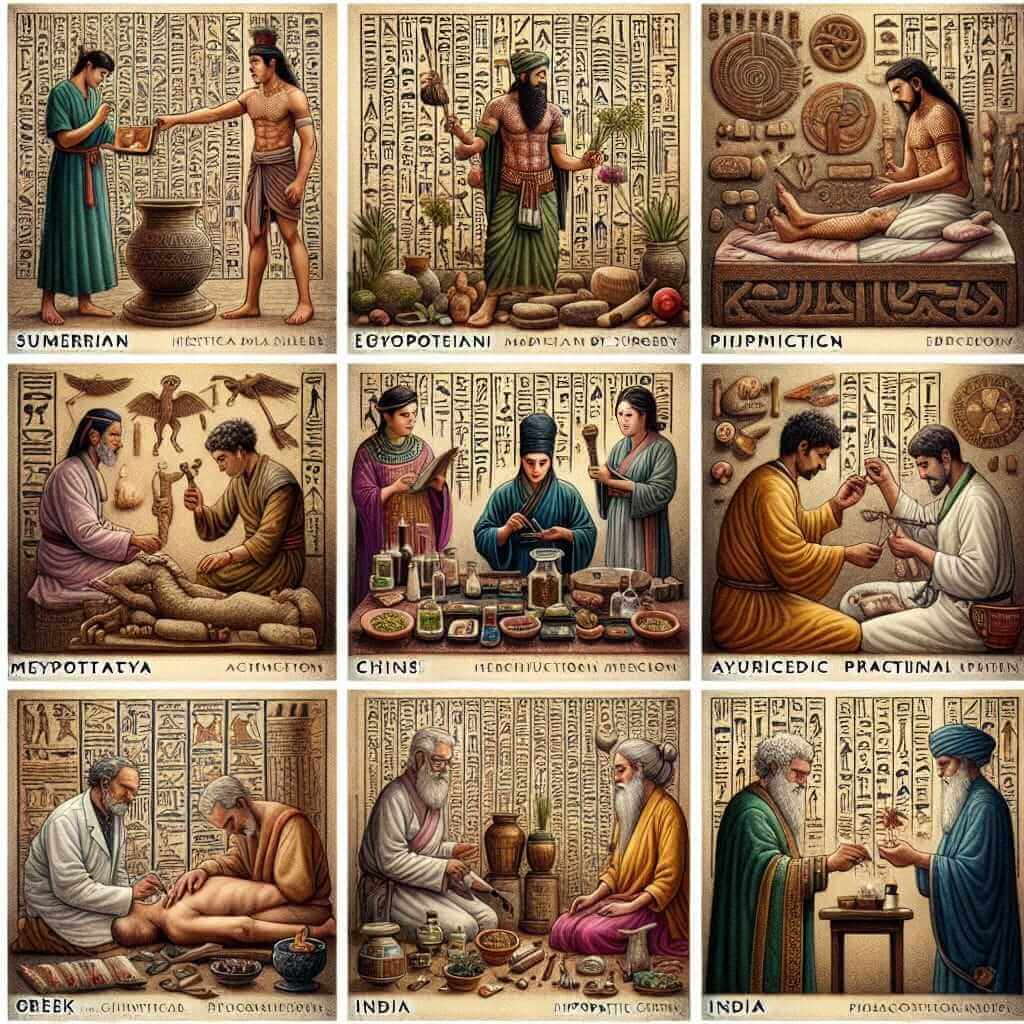The IELTS Reading section can be one of the most challenging parts of the exam, particularly if you’re not familiar with the topic. A frequent theme in past IELTS exams has been the “Economic challenges in developing nations.” Understanding this topic not only aids in your IELTS preparation but also enriches your general knowledge about current global issues.
This article provides a detailed IELTS Reading practice passage with essential tips and strategies to tackle this topic efficiently.
The IELTS Reading Format
The IELTS Reading test consists of 40 questions, designed to gauge your reading skills. These questions are divided across three reading passages, varying in difficulty from easy to hard. Understanding the format of the test helps you manage your time effectively and develop better strategies for answering questions.
Economic Challenges in Developing Nations: Popularity and Relevance
The topic of economic challenges in developing nations has appeared numerous times in past IELTS papers. Given the ongoing global economic dynamics, this theme is likely to appear in future exams as well. It is not only timely but also pertinent, providing students with a robust context to learn vocabulary and reading comprehension skills.
IELTS Reading Practice Passage and Questions
Below is a practice passage related to “Economic Challenges in Developing Nations.” This passage is formatted to mimic a real IELTS Reading exam passage, followed by diverse question types that range in difficulty.
Reading Passage
Economic Challenges in Developing Nations
Developing nations often face a myriad of economic challenges that can stifle growth and development. One of the most significant challenges is the lack of infrastructure. Poor infrastructure can inhibit trade, obstruct the delivery of essential services, and limit access to markets. Furthermore, the cost of building and maintaining infrastructure in these countries is often prohibitively high.
Another critical issue is economic inequality. Disparities in income and living standards can create social unrest and weaken national cohesion. This inequality is often exacerbated by corruption, which diverts resources away from essential public services and hampers economic progress. Additionally, limited access to quality education and healthcare perpetuates the cycle of poverty and inequality.
Developing nations also struggle with political instability. Frequent changes in government, along with civil unrest, can deter foreign investment and disrupt economic activities. Political instability often leads to inconsistent economic policies, making it difficult for businesses to thrive.
Environmental degradation is yet another significant challenge. Developing countries are often heavily reliant on natural resources for their economic activities. The overexploitation of these resources can lead to environmental damage, which not only threatens the livelihoods of local communities but also diminishes the country’s ability to sustain long-term economic growth.
Lastly, developing nations are particularly vulnerable to global economic fluctuations. Their economies are often heavily dependent on a limited range of exports, making them susceptible to global market changes. A decline in commodity prices or a decrease in foreign demand can have devastating effects on their economies.
Understanding and addressing these challenges is crucial for the sustainable economic development of developing nations.
Questions
Multiple Choice Questions
-
What is considered one of the primary economic challenges in developing nations?
- A. Political stability
- B. High levels of pollution
- C. Lack of infrastructure
- D. Technological advancement
-
How does economic inequality affect developing nations?
- A. It increases national cohesion.
- B. It weakens national cohesion.
- C. It reduces corruption.
- D. It eliminates poverty.
True/False/Not Given
-
The cost of building infrastructure in developing nations is usually low.
- A. True
- B. False
- C. Not Given
-
Developing countries often have stable political environments.
- A. True
- B. False
- C. Not Given
Matching Information
- Match the following challenges with their descriptions:
- A. Environmental Degradation
- B. Economic Inequality
- C. Political Instability
- Description 1: Relies heavily on natural resources
- Description 2: Leads to inconsistent economic policies
- Description 3: Creates social unrest and weakens national cohesion
Summary Completion
Complete the summary using the list of words below.
Developing nations face numerous economic challenges, including inadequate (6) , significant economic (7) , and frequent (8) instability. These issues are compounded by environmental (9) and vulnerability to global economic (10) ____.
Words:
- degradation
- inequality
- infrastructure
- changes
- instability
Answer Keys and Explanations
Multiple Choice Questions
-
C. Lack of infrastructure
- Explanation: The passage highlights the lack of infrastructure as a significant challenge.
-
B. It weakens national cohesion.
- Explanation: Economic inequality is mentioned as weakening national cohesion.
True/False/Not Given
-
B. False
- Explanation: The passage states that the cost of building infrastructure is often prohibitively high.
-
B. False
- Explanation: The passage describes frequent political instability in developing nations.
Matching Information
- A – Description 1: Relies heavily on natural resources
- B – Description 3: Creates social unrest and weakens national cohesion
- C – Description 2: Leads to inconsistent economic policies
- Explanation: Each challenge is accurately matched with its description from the passage.
Summary Completion
- infrastructure
- inequality
- political
- degradation
- changes
Common Pitfalls
Many students tend to misinterpret questions or overlook key information in the text. Here are some common mistakes to be aware of:
- Not managing time effectively, leading to rushed answers.
- Misunderstanding the requirement of True/False/Not Given questions.
- Overlooking keywords that indicate important information.
Vocabulary
Here are some challenging words from the passage:
- Myriad (noun): /ˈmɪr.i.əd/ – a countless or extremely great number.
- Inequality (noun): /ˌɪn.ɪˈkwɒl.ɪ.ti/ – the condition of being unequal; lack of equality.
- Inhibit (verb): /ɪnˈhɪb.ɪt/ – to prevent someone from doing something.
- Cohesion (noun): /kəʊˈhiː.ʒən/ – the action or fact of forming a united whole.
- Degradation (noun): /ˌdeɡ.rəˈdeɪ.ʃən/ – the condition or process of degrading or being degraded.
Grammar Focus
Watch out for complex sentences, often used in academic texts. For instance:
- Relative Clauses: “Developing nations often face a myriad of economic challenges that can stifle growth and development.”
Ensure you can identify and understand these structures, as they frequently appear in IELTS Reading texts.
Tips for High Reading Scores
- Practice Regularly: Consistency is key. Regularly practice with past papers and mock tests.
- Expand Vocabulary: A broad vocabulary aids in understanding different topics.
- Skim and Scan: Develop skimming and scanning techniques to find information quickly.
- Understand Question Types: Familiarize yourself with all question types and practice each one thoroughly.
By thoroughly tackling these aspects, you will enhance your ability to handle the IELTS Reading section more confidently and effectively.
 Economic challenges in developing nations
Economic challenges in developing nations
For more on related topics, check out our articles on Renewable Energy’s Impact on Economic Policies and Economic Impacts of Automation on Manufacturing. Happy studying and best of luck on your IELTS journey!


